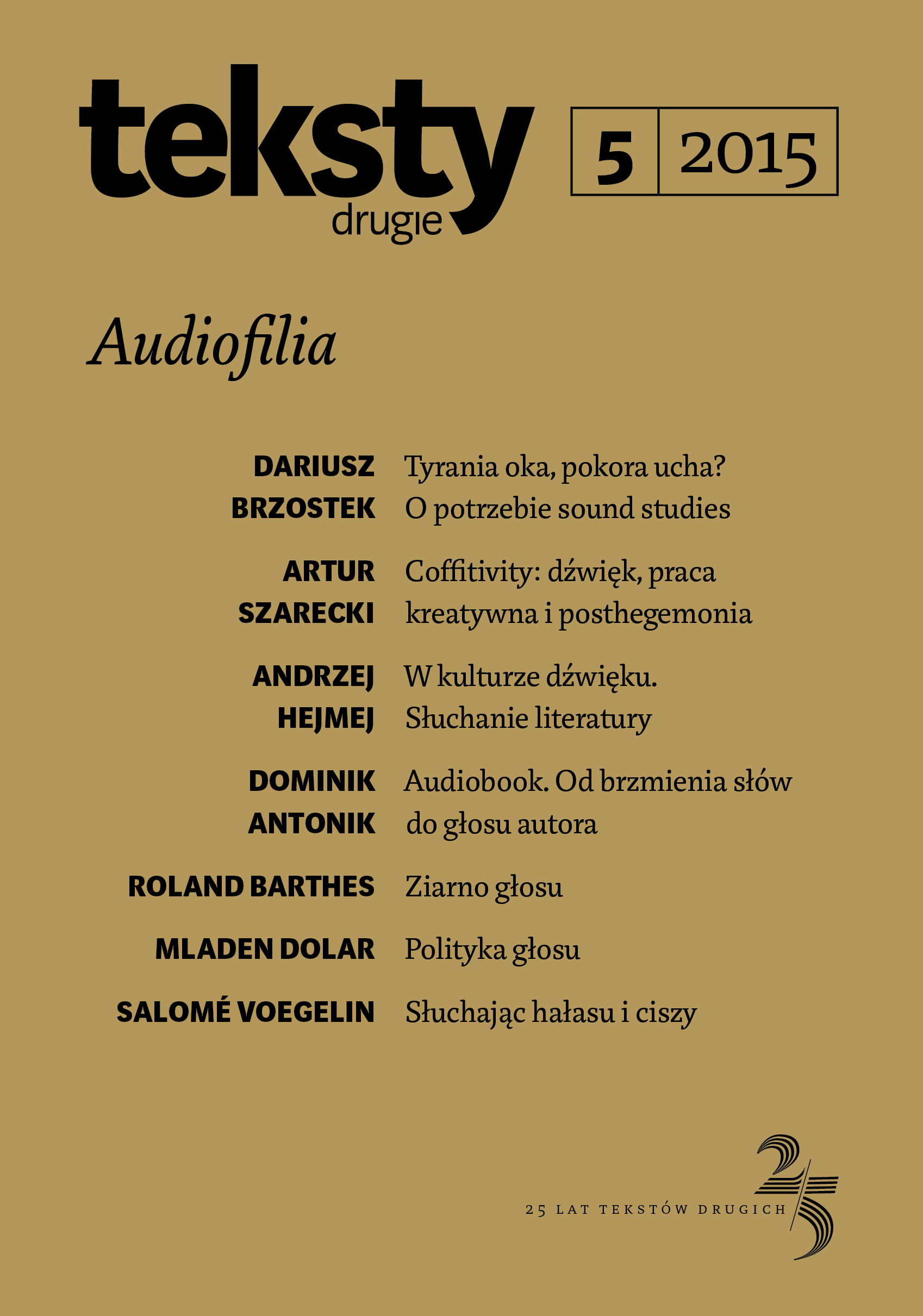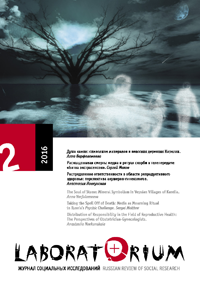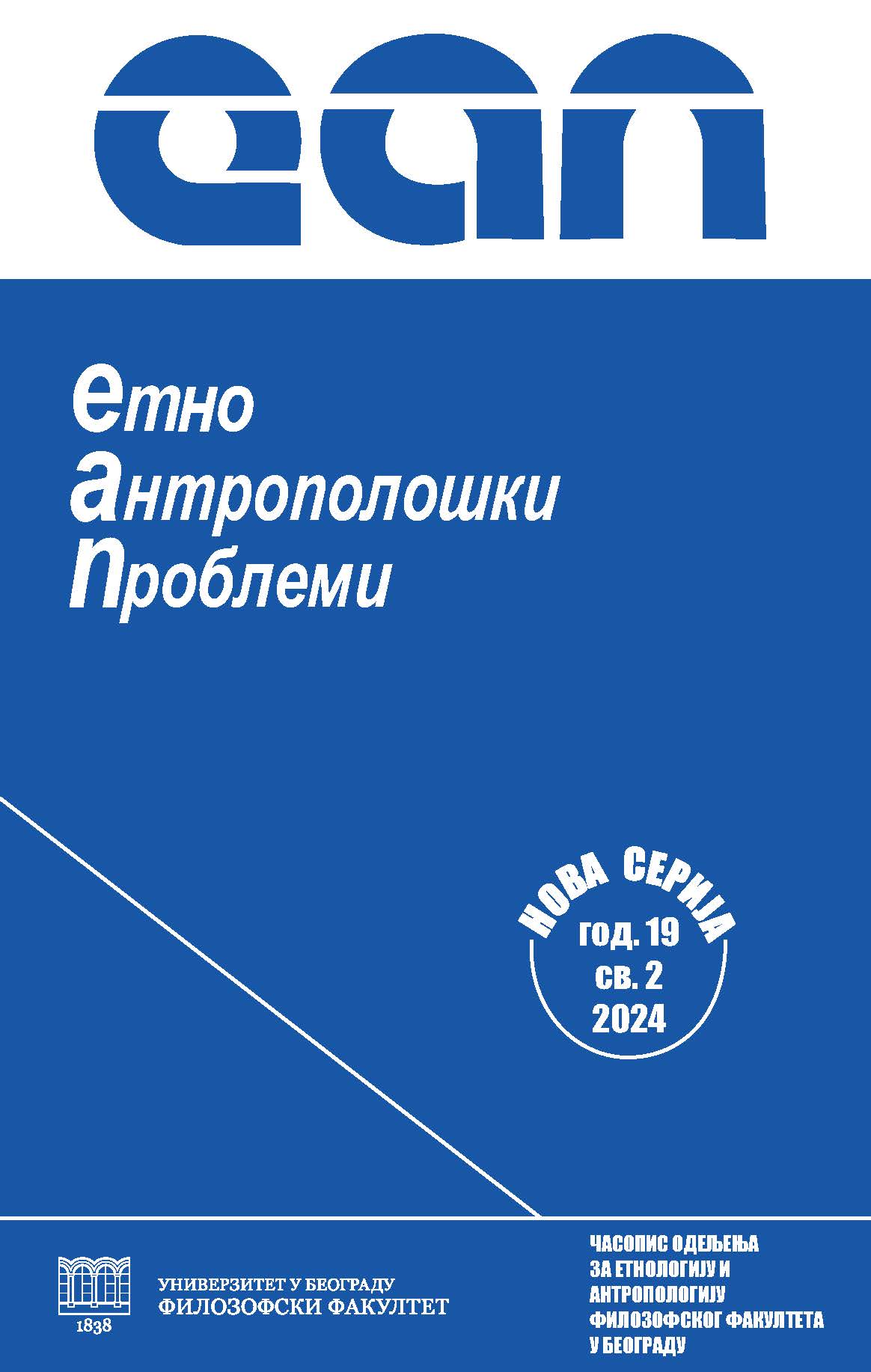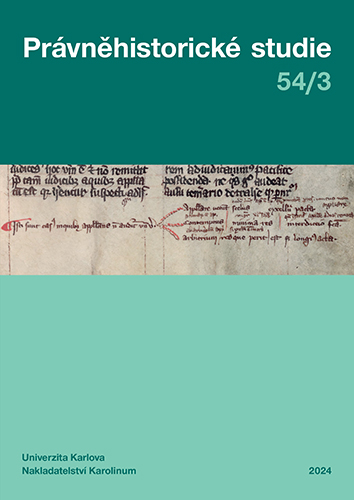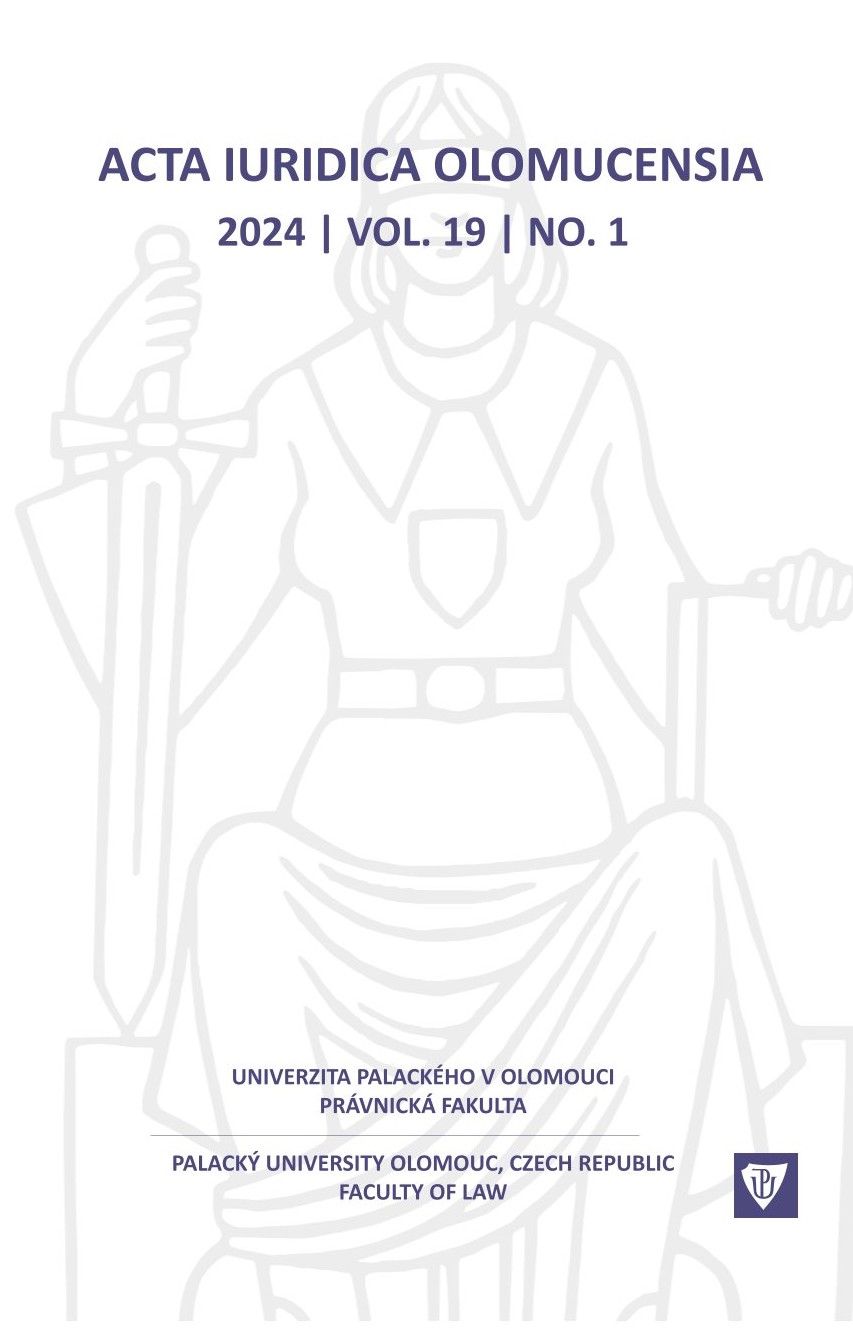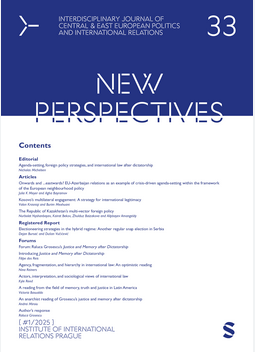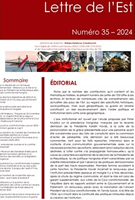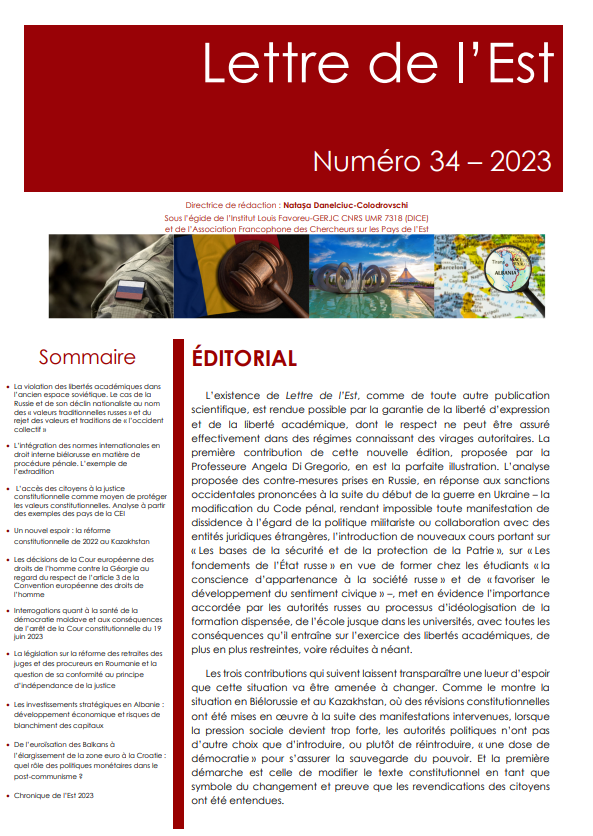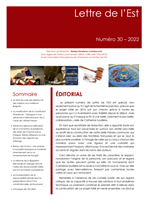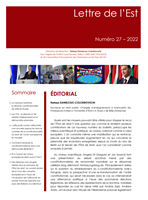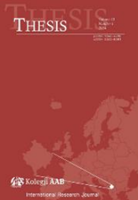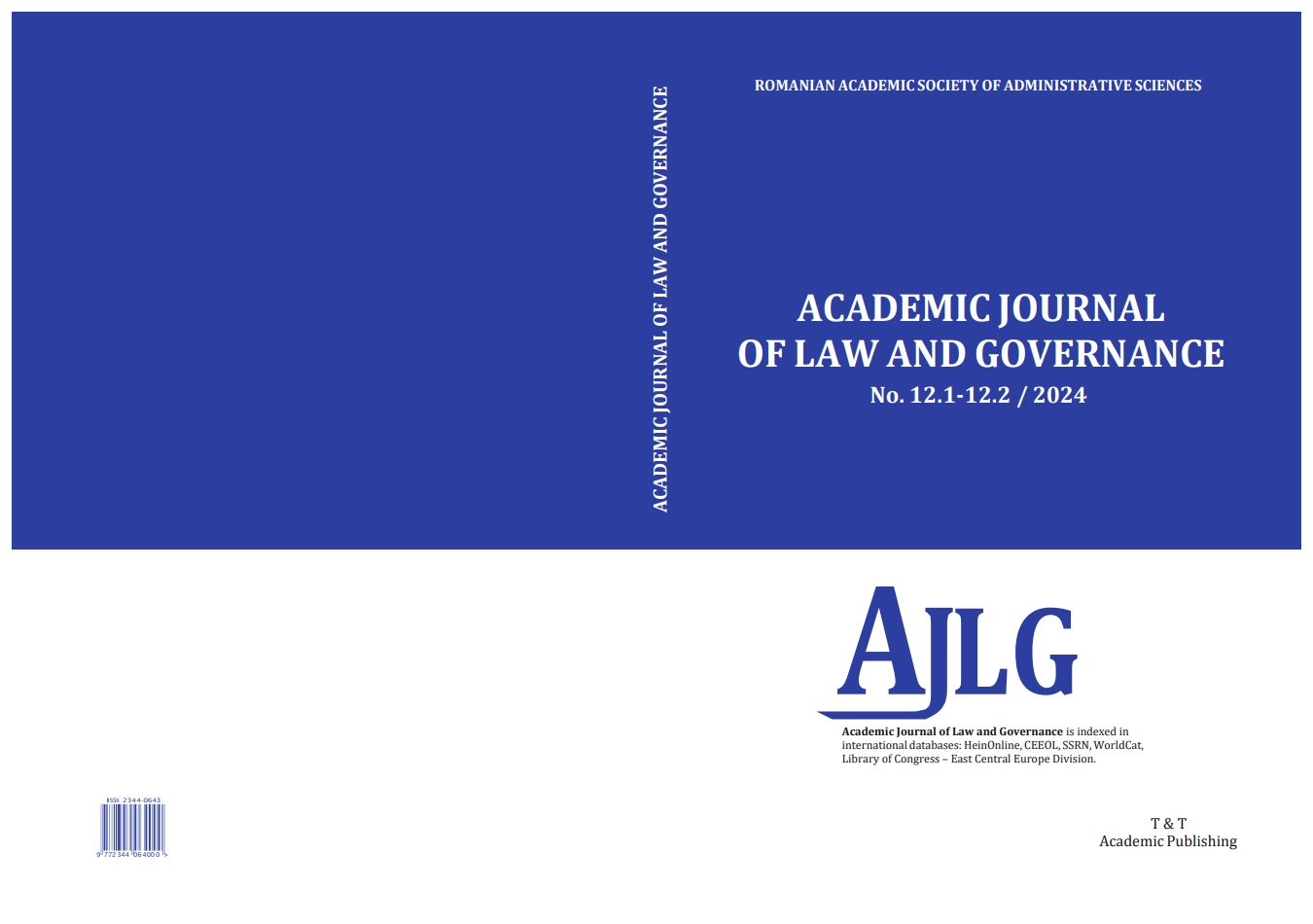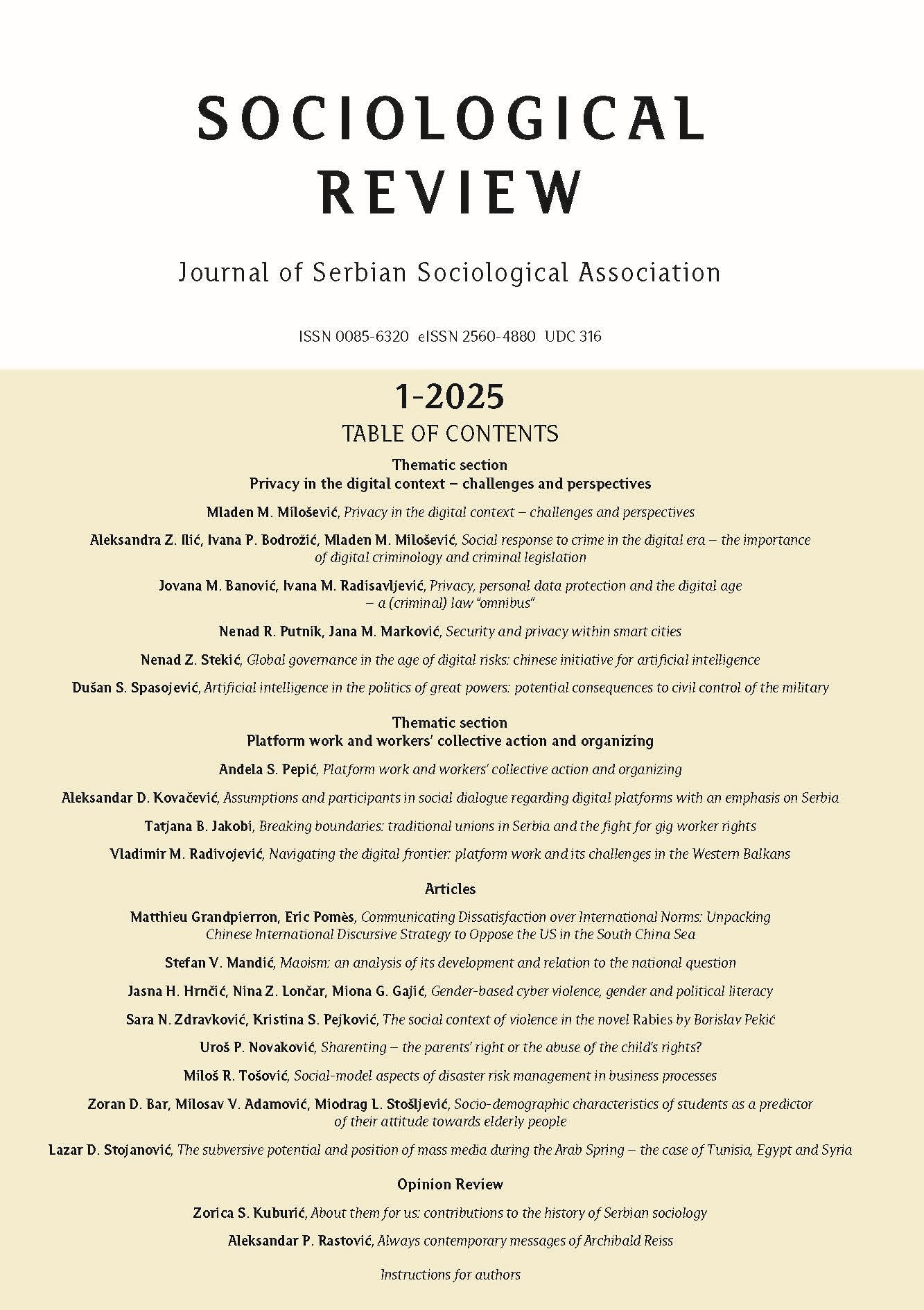Author(s): Irina Moroianu Zlătescu / Language(s): English
Issue: 12.1-12.2/2024
Good administration, a key element of good governance, is often used as a synonym for good governance, although this refers to a broader concept, which concerns a system of values and principles that regulate the exercise of power in a society. The need to ensure better administration and, implicitly, better governance makes us remember that the rule of law, democracy, respect for human rights, constitute common values on which the European Union is founded, that in a rule of law, power belongs to the people, its exercise belongs to the state, which has the role of holder of power, together with its citizens and local communities. The practical expression of executive power, the technical component of state power, is public administration, whose main objective is to protect the fundamental rights and freedoms of the individual. However, although states are the ones who must be the first to guarantee respect for human rights, local and regional communities are the ones that, according to the powers they have, must take numerous measures legislative, budgetary, administrative, educational, etc. that lead to the respect of these rights. Since recent years more and more people live in urban areas, globally reaching even half of the planet's inhabitants living in urban areas, in many cities around the world and obviously in European EU member states, there has been a move to reimagine urban governance and community life by incorporating the principles of international and regional human rights instruments, to better organize cities, so that human rights are respected, even launching a campaign that aims to establish an active community of cities and urban territories at a global level, which promotes public action based on human rights.
More...
